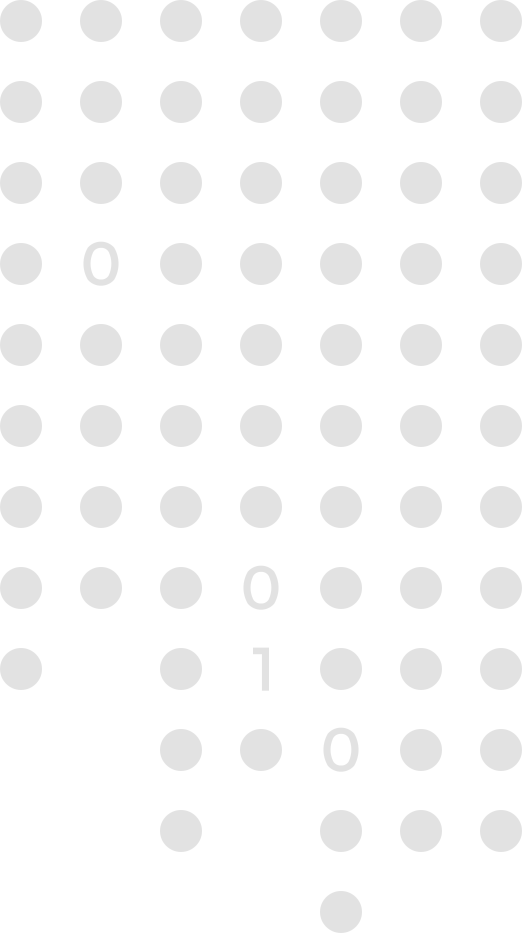
IDTA and DENEFF sign cooperation agreement for an energy-efficient industry
Cooperation partners IDTA and DENEFF see enormous potential for digital technologies as opportunity for sustainable life cycle assessment
The Industrial Digital Twin Association e.V. (IDTA) and the German corporate initiative Deutsche Unternehmensinitiative Energieeffizienz e.V. (DENEFF) have signed a Memorandum of Understanding (MoU) to jointly promote innovation in the field of climate protection in the industrial sector. The two partners emphasise in particular the importance of digitisation as an enabler for the decarbonisation of industry. In order to leverage its potential, realistic digital representations of production – so-called digital twins – are needed. The members of IDTA work on the implementation of these digital twins for broad, practical application. First use cases demonstrate how to pave the way to modern, digital and smart and thus sustainable industrial plants. DENEFF and IDTA intend to jointly raise awareness of the enormous energy-saving potentials that result from the use of digital twins. In addition, technical know-how for the implementation of the digital twin will be disseminated. This will provide an important basis for the sustainable industry of the future.
Dr Tatjana Ruhl, policypreneur for decarbonisation of industry at DENEFF says: “The climate neutrality of industry by 2045 is a mammoth task. Digitisation offers an important instrument in the concert of solutions, because smart technology not only allows us to optimally measure energy consumption, but above all to identify and target potential savings. The cooperation with IDTA enables the exchange and provision of valuable information to increase energy efficiency in the industrial sector.”
“Besides converting to climate-neutral energy sources, reducing energy consumption is an important factor in designing a sustainable eco-balance. The Digital Twin enables a wide range of use cases that allow companies to perform better, machines to be more efficient and processes to be more economical with resources. First use cases have already shown how the implementation can succeed in concrete cases. We regard the cooperation with DENEFF as an important opportunity to use digital technology as a driver for the trend towards climate-neutral industry,” says Matthias Bölke, Chairman of the board at IDTA.
Realised projects show how the digital twin supports sustainability goals in practice. The so-called digital nameplate, for example, enables the reduction of the CO2 footprint by scanning a code. Extensive product information is digitally mapped and the printing, transport and disposal of physical manuals are thus avoided. The use case of the digital product passport is based on it and integrates all data that depict the entire resource consumption of a product. This consolidates and reveals the carbon footprint of a product along the entire supply chain. Measures to reduce carbon dioxide can thus be implemented effectively. The digital twin is also used to determine energy requirements on the shop floor. The digitisation of measurements and systems allows a detailed analysis, including already existing systems. This allows the monitoring and reduction of energy demand and resource consumption of facilities from the planning stage to continuous operation.
